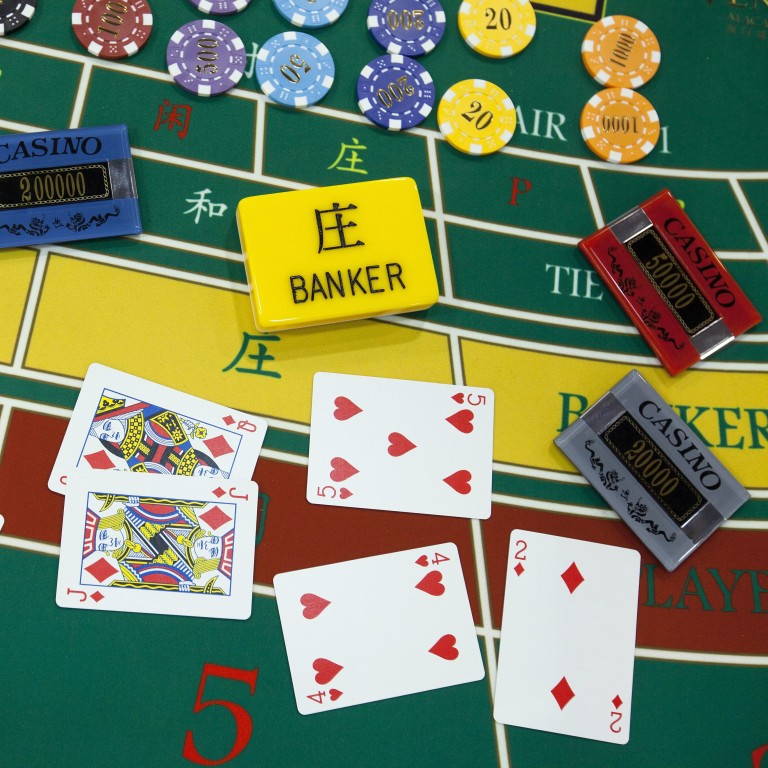
Beijing signs landmark pact to stem flow of Macau's dirty casino cash
Deal gives People's Bank of China a bigger role to fight money laundering but raises questions about autonomy in the city - and Hong Kong
Beijing has cranked up its campaign against the laundering of illicit cash through Macau casinos by signing a landmark pact that will bring unprecedented levels of co-operation between the central bank and the city's financial regulators.
The deal - between the People's Bank of China and the Macau Monetary Authority - was announced without fanfare by the central bank late on Friday. A brief statement described it as a "memorandum of understanding to prevent money laundering and terrorist financing".
It is the latest in a series of moves by Beijing over the past year to exert more control over the world's biggest gaming destination. The push to clean up the casinos and diversify Macau's gaming-dominated economy is seen by Beijing as a key component in President Xi Jinping's wider anti-graft drive.
The central bank said the agreement would "strengthen bilateral exchanges" on anti-money laundering regulations, information exchange mechanisms and on-site inspections, but it did not give any more details. It said the two sides would adopt recommendations from a global anti-money laundering body, the Financial Action Task Force, to strengthen regional supervision against money laundering.
The lack of detail in the statement and the fact that there was no parallel announcement by the Macau Monetary Authority or the city's anti-money laundering unit has prompted concern over what the deal could mean for the autonomy of China's only other Special Administrative Region.
It has also led to speculation similar moves might be considered for Hong Kong. One finance industry insider told the : "Although we don't have all the details, taken in the context of what has gone on over the past year or so, the problem here seems not to be about taking away power from Macau bodies but rather giving the Chinese authorities unhindered access to information.
"Are we an autonomous entity, or not? If Macau is, then we should provide such information as Beijing wants subject to Macau law's, not, as appears to be the case here, through a memorandum of understanding [MOU]."
An MOU is a formal agreement between two or more parties that establishes official partnerships. They are not legally binding but carry a degree of seriousness and mutual respect, stronger than a gentlemen's agreement.
A gaming insider with a knowledge of the recent moves to reign in the excesses of the casino sector - which have hit casino bottom lines and led to the closure of significant number of the infamous VIP junket operators who feed the casinos high-stakes, big money mainland gamblers - suggested the "unclear" mechanisms in the deal should be watched carefully by Hong Kong.
"The anti-corruption drive isn't just about Macau, and if this type of deal can be done in one Special Administrative Region, why can't it be done in another?" the insider said.
Casinos in the former Portuguese enclave have long had a reputation as laundering conduits for hot money flowing out of the mainland in contravention of currency controls.
In June, prominent Macau junket operator Cheung Chi-tai, who has been the focus of a lengthy investigation by Hong Kong police, appeared in court in Hong Kong accused of laundering HK$1.8 billion through banks in Hong Kong.
He has been released on bail and is due to appear in court again on September 24.

